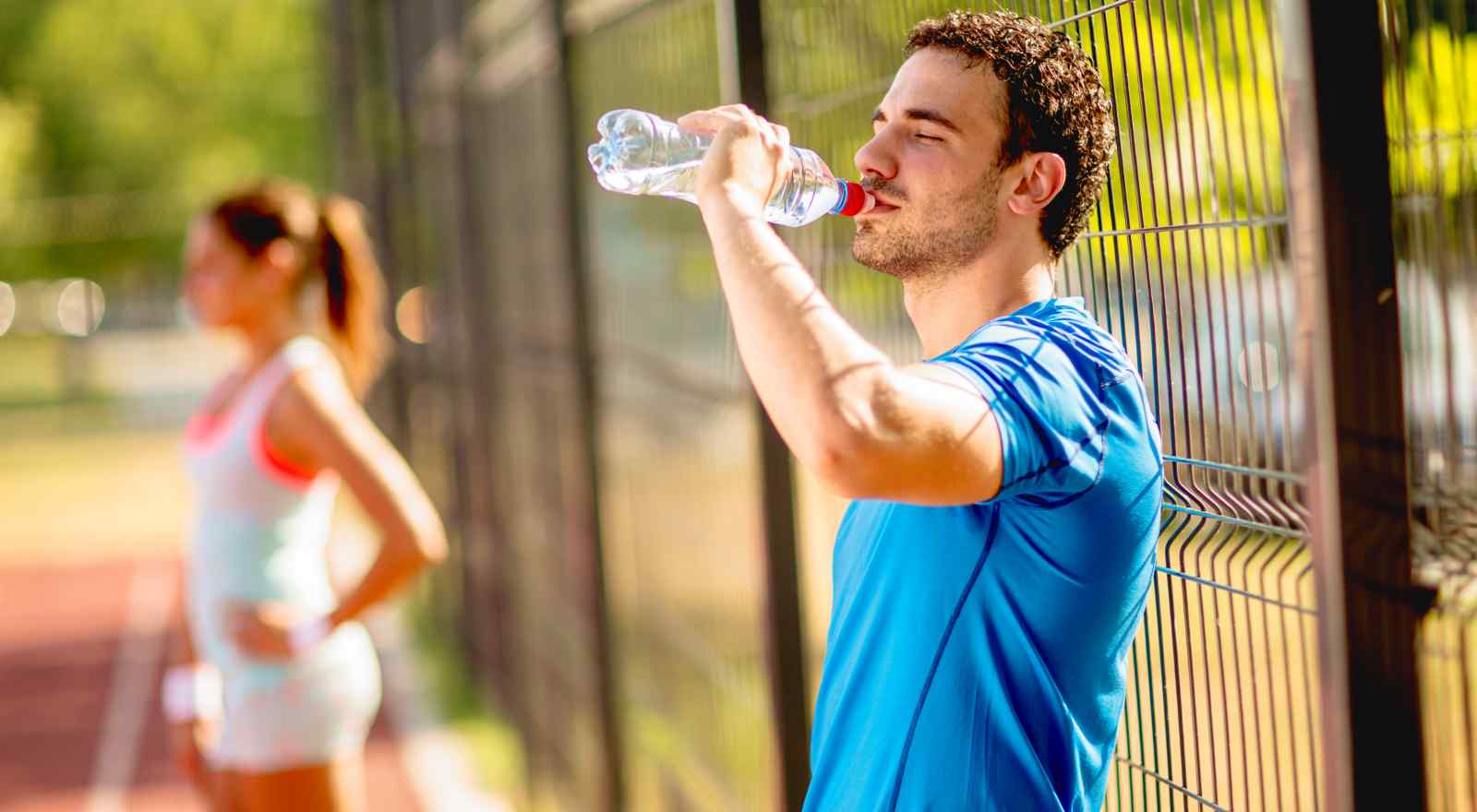
Water is often called the essence of life, and for good reason. It makes up approximately 60% of our body weight and plays a critical role in almost every physiological function. For those who are dedicated to fitness, drinking water is not just a way to quench thirst—it is a cornerstone of optimal performance, recovery, and overall health. Understanding the benefits of water in relation to fitness can help you maximize your workouts and achieve better results.
1. Enhances Physical Performance

One of the most immediate benefits of drinking water is its impact on physical performance. During exercise, your body loses water through sweat, which can lead to dehydration. Even mild dehydration can impair strength, endurance, and overall energy levels. Drinking enough water before, during, and after workouts helps maintain blood volume, regulate body temperature, and ensure that muscles receive the oxygen and nutrients they need. Research has shown that staying hydrated can prevent fatigue, reduce the risk of cramps, and improve performance in activities ranging from weightlifting to running.
2. Supports Muscle Function and Recovery
Muscles are composed of about 75% water. Proper hydration is essential for muscle contraction and flexibility. Without enough water, muscles can become stiff, weak, or more prone to injury. Drinking water also helps flush out metabolic waste products generated during intense exercise, such as lactic acid, which can reduce muscle soreness and speed up recovery. For individuals engaging in regular training, water acts as a natural aid for maintaining muscle health and minimizing post-workout discomfort.
3. Aids in Weight Management
For those aiming to manage their weight, water is an indispensable ally. Drinking water before meals can help you feel fuller, reducing the likelihood of overeating. Additionally, water supports the body’s metabolism by assisting in the digestion and absorption of nutrients. Adequate hydration can increase the rate at which calories are burned and promote more efficient fat metabolism during exercise. Some studies suggest that drinking cold water may even slightly boost calorie expenditure, as the body works to warm the water to body temperature.
4. Regulates Body Temperature

Exercise naturally raises body temperature, and sweating is the body’s primary mechanism for cooling down. Water plays a central role in this process. Without sufficient hydration, the body struggles to maintain its temperature, increasing the risk of heat exhaustion or heatstroke. Staying well-hydrated ensures that your body can efficiently release heat, keep your core temperature stable, and allow you to continue exercising safely and effectively.
5. Improves Joint Health
Hydration also benefits your joints. Synovial fluid, which lubricates joints and allows smooth movement, is composed largely of water. Drinking enough water helps maintain adequate lubrication, reducing friction and the risk of joint pain or injury during exercise. This is especially important for high-impact activities such as running, jumping, or weightlifting, where joints are under greater stress.
6. Enhances Mental Focus and Energy
Fitness isn’t just physical—it’s mental. Dehydration can impair cognitive function, reduce concentration, and lead to feelings of fatigue or sluggishness. Drinking water helps maintain mental clarity and focus during workouts, which is crucial for executing exercises with proper form and intensity. It also supports overall energy levels, making it easier to stay motivated and consistent with your fitness routine.
7. Promotes Detoxification

Water plays a key role in flushing out toxins and waste products from the body through urine and sweat. Regular hydration supports kidney function and overall detoxification, which can help your body recover faster after intense exercise. By eliminating harmful byproducts more efficiently, water helps maintain a healthier internal environment that supports fitness and overall wellness.
8. Supports Cardiovascular Health
Proper hydration is also linked to better cardiovascular health. Dehydration can lower blood volume, forcing the heart to work harder to pump oxygen to muscles. Drinking enough water ensures that the heart and circulatory system operate efficiently, reducing strain during exercise and helping maintain stamina for longer workouts.
Conclusion
Water is far more than a simple thirst quencher; it is an essential component of fitness and overall health. From enhancing physical performance and supporting muscle recovery to regulating body temperature and aiding in weight management, the benefits of drinking water are profound. For anyone looking to maximize their fitness results, staying adequately hydrated should be a non-negotiable part of the routine. By making water intake a priority, you can improve performance, boost energy, and maintain optimal health—helping your body perform at its absolute best.
